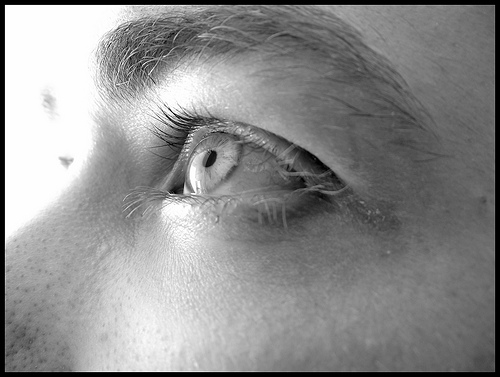An Update on the Feather Analogy
Many of us have heard a feather pillow used in connection with sermons/lessons/advice about gossip. It usually goes something like this:
In an attempt to demonstrate how seriously we need to avoid things like gossiping, lying, defaming others, etc, we are asked to imagine going into a house and bringing a feather pillow out to the porch – maybe especially on a windy day. We are then asked to imagine opening the pillowcase and let all of the feathers in that pillow flutter away.
The point is then made that getting all of those feathers back is equivalent to (or could be easier than) “taking back” all of the words we have said.
While that analogy is very accurate and should be very effective, I would like to suggest an update. Spoken words could very easily turn into a clash of the memories of different people. Probably all of us can relate to different people remembering the same conversation in differing ways.
Today, “the feather analogy” needs to be considered by those of us who use various forms of social media. I am fully aware that there are more modern and maybe more popular platforms than Facebook, but I’m still stuck in “the dark ages” where that’s about the only platform I know much about.
The disturbing thing about that is that, just from Facebook, I know way too much. I’m not thinking about knowing way too much about Facebook, but about knowing way too much about some of the people who use Facebook.
In the interest of full disclosure, I don’t know as much as I used to because I trimmed the number of people I “follow” way down a few years ago. Basically, members of our family, some churches and other religious sites, and a few things that interest me are all that show up.
The reason for that decision was that I got tired of reading some of the things I was reading and seeing some of the things I saw – especially from people who are supposed to be followers of Christ. Hateful, argumentative, and cruel words have no place anywhere. Neither do pictures and videos that are almost, if not altogether, pornographic. These things and many others especially have no place among people who gather in a place of worship and proclaim their love for Jesus and for one another.
Unfortunately, those types of things are like those spoken words of the earlier analogy. Once they are “out there,” they are out there!!
“But, I’ve taken all of that stuff down,” somebody may object. “How do you know some of this even exists if you don’t follow me?” somebody else might ask.
One answer to the question about how I (or anybody else can know) is that, unless you’ve blocked me, I can still look you up and see what is going on in your life. Before you start blocking, I rarely do that.
Usually what happens though, is that somebody will think that I need to see what people post and will send it to me or just show it to me in person. I’ve learned a lot of things I wish I had not learned that way.
The answer to the statement about material being taken down is –
Are you kidding me?
Do you not think that it has been sent, shown, etc. before you took it down? Do you not think that there are people who can find things they really want to find? Admittedly, these people know more about technology than I do, but they do exist. Some of them may have an agenda. They may want to destroy your reputation, ruin your family, get you fired from your job, etc.
Even if none of those sinister things happen, we might need to consider some things like:
- Do I really want a prospective spouse to see this?
- Would I want my children knowing this about me – especially if I am trying to tell them how to live?
- What would my employer or prospective employer think about this? (By the way, I’ve read/heard that some prospective employers do quite a bit of research about applicants for various positions on the social media platforms used by the applicant. In fact, it is my understanding that this is more of a determining factor than a resume or personal interview.)
- Would I be an effective leader for God (or even representative of Him) if people knew this?
- Would it help or hurt if people not only knew about something I shared on social media, but also knew that I was proud enough of it to share it so that anybody who wanted to could see it or read it?
- Would this, in any way, come back to “haunt me” someday?
Whether we are talking about the “old days” of verbal communication or modern ways to communicate. I think we would all be well-advised to do all we can to…
keep the feathers in the pillowcase.
AUTHOR: Jim Faughn



